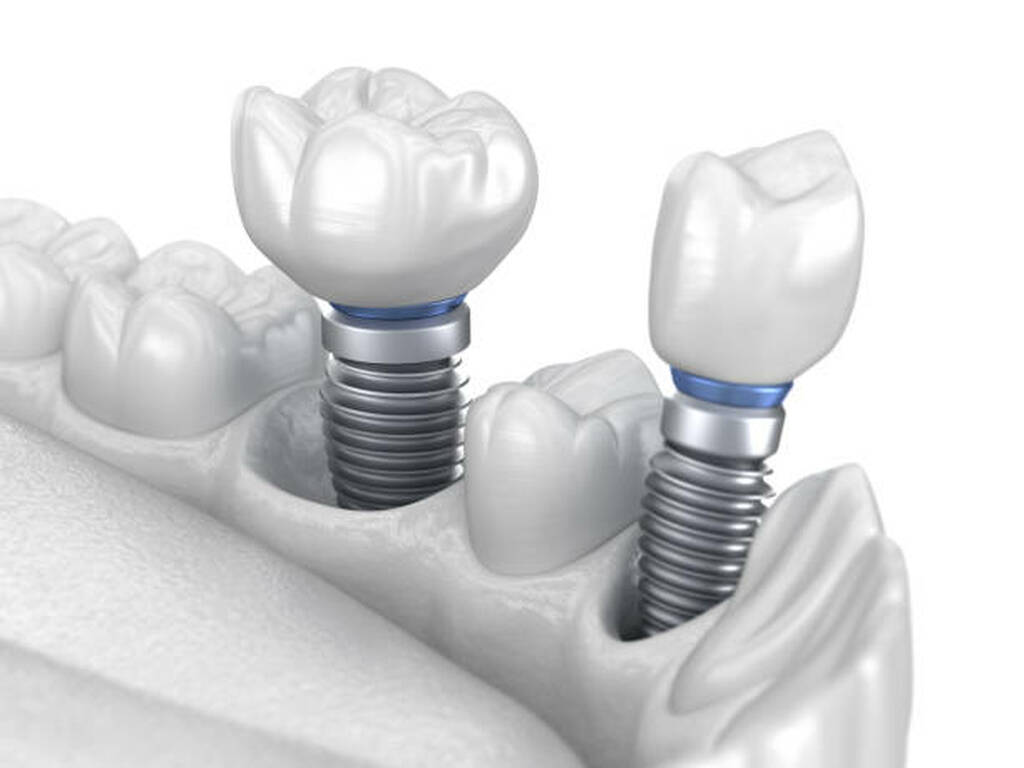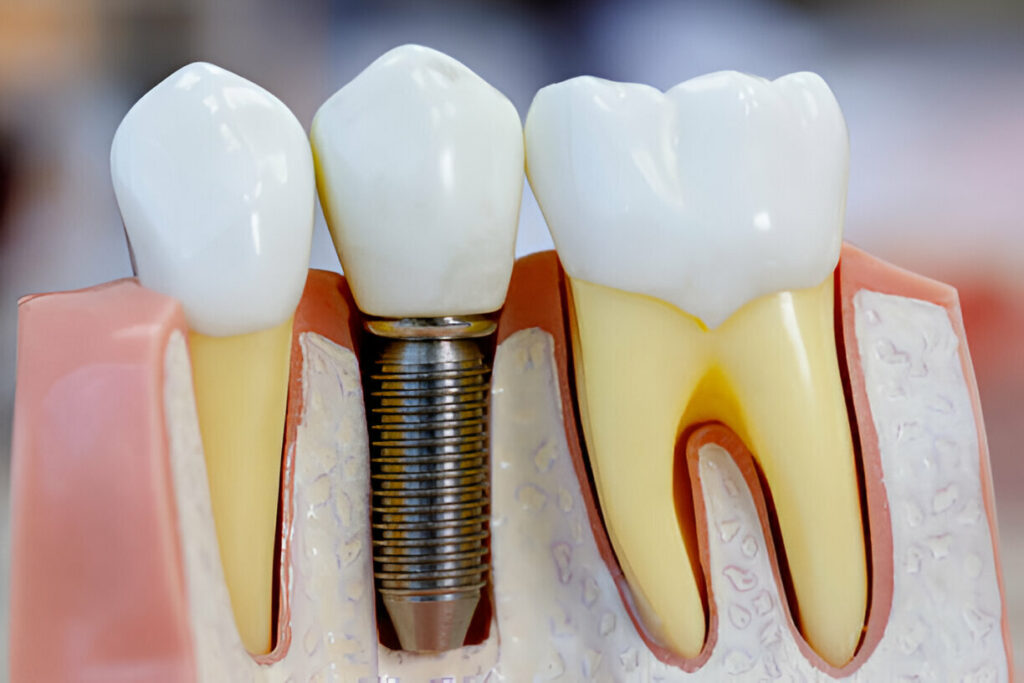If you’re considering dental implants in St Helens, you’re not alone. Dental implants are a reliable and long-lasting solution for missing teeth, offering a natural look and improved oral functionality. This guide outlines everything you need to know before, during, and after implant surgery.
What Are Dental Implants?
Best Dental Implants St Helens are artificial tooth roots, typically made from titanium, that are surgically placed into the jawbone. They provide a stable foundation for fixed or removable replacement teeth that match your natural teeth.
How Can Dental Implants Be Used?
Implants can be used to support single crowns, bridges, or even full dentures. They’re ideal for restoring one or more missing teeth and are often used in smile makeover procedures to improve both function and aesthetics.
How Long Does It Take to Heal After Dental Implant Surgery?
Am I Suitable for Dental Implants?
Most healthy adults with good oral hygiene and adequate bone density in the jaw are suitable candidates. However, certain conditions like uncontrolled diabetes, heavy smoking, or recent radiotherapy in the jaw area could affect eligibility. A thorough consultation with an implant specialist will determine your suitability.
Understanding Dental Implant Surgery
Dental implant surgery is a multi-step process done over several months. It involves planning, placement, healing, and final restoration. Each phase is key to ensuring long-lasting results.
Benefits of Dental Implant Surgery
Implants look and feel like real teeth. They are durable, improve speech and chewing, and prevent the bone loss that typically occurs after tooth loss. Unlike dentures, implants stay firmly in place and require no messy adhesives.
Risks
The success rate for dental implants is high, but like any surgical procedure, there are risks. These may include infection, nerve damage, or sinus issues depending on the implant site. Choosing an experienced professional dramatically reduces these risks.
Preparing for Dental Implant Surgery
Step 1: Consult with a Dental Implant Specialist
Your journey begins with a comprehensive consultation, including X-rays or scans to assess bone quality and oral health. This visit is essential for mapping out your personalised treatment plan.
Step 2: Attend a Pre-Procedure Appointment
This appointment finalises the surgical plan, clarifies aftercare instructions, and may involve taking dental impressions. You may also be advised to stop smoking or adjust medication if needed to ensure optimal healing.
Dental Implant Maintenance Tips from St Helens Experts
Step 3: Prepare for the Procedure
Before the procedure, organise transport as you may be under sedation. Ensure you follow fasting instructions if any, and wear comfortable clothing. Preparing soft foods at home for the healing period is also recommended.
The Dental Implant Procedure
When Bone Grafting Is Required
If your jawbone is too soft or thin, a bone graft may be necessary. This ensures the implant has a stable foundation. Healing from a graft could take a few months before the implant can be placed.
Placing the Dental Implant
The implant is surgically inserted into the jawbone under local anaesthetic or sedation. Once implanted, the area is left to heal and integrate with the bone — a process called osseointegration, which can take several months.
Waiting for Bone Growth
During healing, the jawbone grows around the implant, securing it firmly in place. You’ll need regular check-ups to monitor this progress.
Placing the Abutment
Once healing is complete, a small connector called an abutment is attached to the implant. This piece will eventually support your final restoration.
Choosing Your New Artificial Teeth
Custom-made crowns, bridges, or dentures are created to fit your mouth and match your natural teeth. These are then secured to the abutment, completing the restoration.
Dental Implants vs. Dentures: Which Is Better in St Helens?
After the Procedure
Post-Surgery Care
Following surgery, some swelling, bruising, or minor discomfort is normal. Rinse gently with warm salt water, avoid hard foods, and follow your dentist’s care advice. Pain relief and antibiotics may be prescribed.
Results
With proper care, dental implants can last decades. They behave just like natural teeth, allowing you to eat, talk, and smile with confidence.
Smile Makeover and Cosmetic Options
Implants are often part of a smile makeover plan, which may include other cosmetic treatments like whitening or orthodontics. This holistic approach ensures your smile is both functional and aesthetically pleasing.
How Much Do All-on-4 Dental Implants Cost in The UK?
General, Cosmetic, Align, Replace, Repair Services
In addition to implants, many practices offer general check-ups, cosmetic enhancements, teeth straightening (align), tooth replacement and repairs. Comprehensive care ensures all your dental needs are covered in one place.
Stay updated by following us on our social media platforms or signing up for our newsletter. We’re here to answer any questions and support you throughout your dental journey.
Frequently Asked Question
How painful is dental implant surgery?
Most patients report minimal discomfort thanks to local anaesthetic and modern techniques. Any post-op pain is generally manageable with over-the-counter medications.
How long does the entire implant process take?
From consultation to final restoration, it typically takes 3 to 6 months depending on bone health and healing time.
Can anyone get dental implants?
While most adults can, suitability depends on individual health and bone quality. An assessment with a dental professional will confirm if you’re a candidate.
How long do dental implants last?
With good oral hygiene and regular check-ups, implants can last 20 years or more—often a lifetime.
What foods should I avoid after implant surgery?
Stick to soft foods like soups, yoghurts, and pasta for the first few days. Avoid hot, crunchy, or spicy items that could irritate the surgery site.



